Betta Fish Care Guide: Habitat, Diet, Breeding & Facts
Learn how to care for betta fish with tips on habitat, diet, breeding, and tank setup. Keep your betta healthy and happy with expert care advice!
Table of Contents
- Native Habitat and Distribution
- Number of Species
- How Betta Fish Live Longer
- Breeding Betta Fish
- Do Betta Fish Live in Groups
- How Far Are Betta Fish Distributed
- Maximum Size of Betta Fish
- Tank Requirements
- Food Habits and Diet Plan
- Male and Female Differences of Betta Fish
- What to Do and What Not to Do With Betta Fish
- How to Keep Betta Fish Healthy
- Fun Facts About Betta Fish
- Faq
- Conclusion
Betta fish, or Siamese fighting fish, are one of the most sought-after and awe-inspiring freshwater aquarium fish. With their bright colors, lacy fins, and individual personalities, betta fish have made aquarium enthusiasts fall in love with them from around the globe. In spite of being known to be aggressive, these fish possess interesting behaviors as well as unique care needs that make them a great choice for any aquarium.
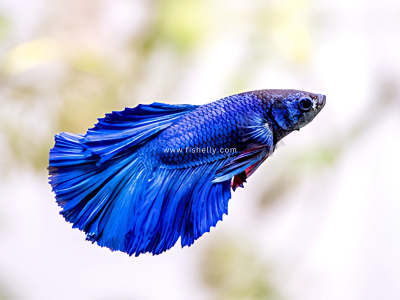
Native Habitat and Distribution
Betta fish naturally inhabit the shallow waters of Southeast Asia, which comprise Thailand, Cambodia, Vietnam, and Malaysia. They love living in rice paddies, sluggish streams, and ponds that have low oxygen levels. In the course of time, bettas have been selectively bred based on their exquisite colors and variations in fins, which has turned them into the most popular hobby fish.

Number of Species
Although most people are aware of Betta splendens, there are well over 70 known species of the Betta genus. Every species has special characteristics, and some are more aggressive or present in various color forms than the typical pet store bettas.
How Betta Fish Live Longer
Bettas in captivity live for 3 to 5 years, but with good care, some have lived for as long as 7 years. Properly maintained tank, good diet, and stress-free environment all help them live longer.
Breeding Betta Fish
Betta breeding is difficult because of their fighting nature. Males construct bubble nests on the surface of the water, and the female lays eggs after a courtship dance. The male guards the nest and takes care of the eggs until they hatch. Because of territoriality, females must be separated after spawning to avoid aggression.
Do Betta Fish Live in Groups
Unlike schooling fish, bettas are naturally solitary. Male bettas should never be kept in the same tank because they will fight with great intensity. Female bettas can, however, live together in a sorority if the tank is big enough and provides plenty of hiding places to reduce aggression.
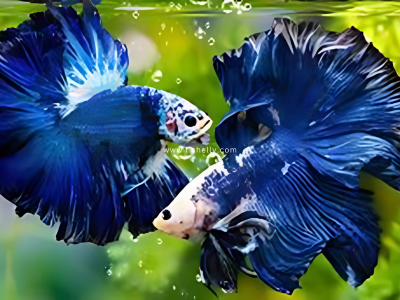
How Far Are Betta Fish Distributed
Native to Southeast Asia, betta fish are now commercially farmed around the globe. Betta fish are among the favorite aquarium fish and can easily be found in pet shops all over North America, Europe, and other parts of the world.
Maximum Size of Betta Fish
Betta fish normally reach a size of approximately 2.5 to 3 inches. Certain species, such as the giant betta (Betta anabatoides), grow to 4 to 5 inches.
Tank Requirements
Tank Size: At least 5 gallons. Betta fish require room to swim and do well in larger tanks.
Water Temperature: Keep the temperature between 76°F to 82°F (24°C to 28°C). A heater is needed to warm the water, as bettas are tropical fish.
Water Type: Bettas like to live in soft to moderately hard water with a pH level of 6.5 to 7.5. Testing water regularly keeps the conditions ideal.
Substrate & Decor: A sand or smooth gravel substrate is ideal. Add plants, caves, or decorations that offer places to hide, but no sharp objects to inflict injury on their sensitive fins.
Filtration: A low-flow filter is best to keep the water clean without producing strong currents, since bettas like calm waters. Water changes are also essential to keep the water quality good.
Food Habits and Diet Plan
High-Quality Betta Pellets: Specially formulated with high protein content for bettas.
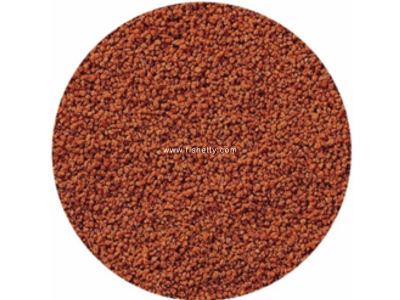
Frozen or Live Brine Shrimp: A great protein-rich treat that enhances coloration.

Bloodworms (Frozen or Freeze-Dried): A favorite snack but should be given in moderation.
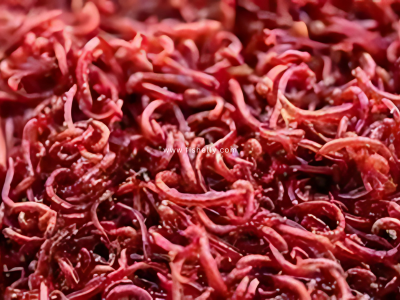
Daphnia: Helps with digestion and acts as a natural laxative for bettas.
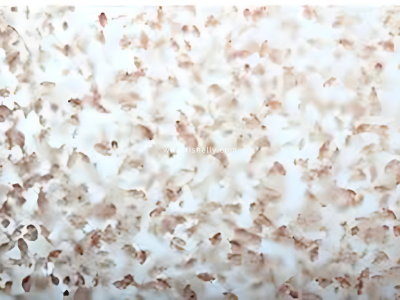
Male and Female Differences of Betta Fish
Males:
• Longer, more vibrant fins and more aggressive behavior.
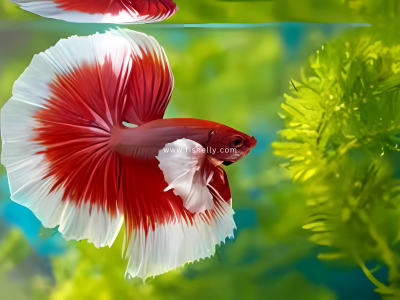
Females:
• Short fins, less vibrant colors, and can live in communities.
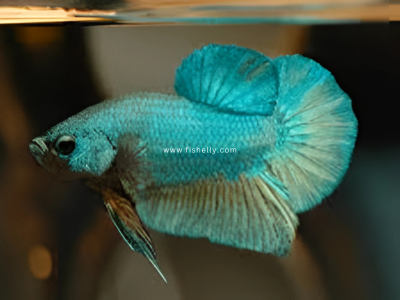
Breeding Behaviour: Males construct bubble nests and tend to eggs, females just spawn.
What to Do and What Not to Do With Betta Fish
What Not to Do:
Do Not housing bettas with hostile cichlids as they will get hurt by them.
What to Do:
Do provide peaceful companions if needed like snails or tiny schooling fishes that will not nip at the fins of a betta.
How to Keep Betta Fish Healthy
• Water Changes: Change 25-50% of the water weekly.
• Monitor Parameters: Regularly check pH, ammonia, nitrite, and nitrate levels.
• Observe Behavior: Watch for signs of illness like lethargy or loss of appetite.
Fun Facts About Betta Fish
• Bettas are able to recognize their owners and will even follow fingers away from the tank.
• They jump out of water, so a lid is required.
• Selective breeding has produced an infinite number of colors and fins, such as halfmoon, crowntail, and plakat bettas.
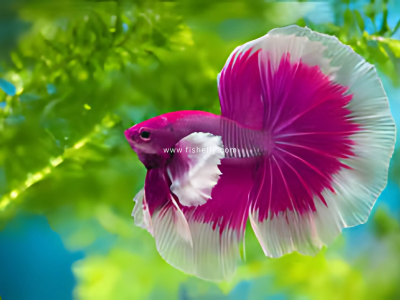
Faq
1.How long do Betta fish live?
3 to 5 years, up to 7 with proper care.
2.Can Betta fish live with other fish?
Males can’t; females can in groups. Peaceful tankmates like snails are best.
3.What do Betta fish eat?
Betta pellets, brine shrimp, bloodworms (in moderation), and daphnia.
4.What tank size do Bettas need?
At least 5 gallons with a heater and filter.
5.Why do Betta fish need a lid?
They can jump out of the tank.
6.How to tell male and female Bettas apart?
Males have longer fins and brighter colors; females have shorter fins.
7.How do Betta fish breed?
Males build bubble nests, and females lay eggs after a courtship dance.
8.Ideal water temperature?
76°F to 82°F (24°C to 28°C).
9.Where do Betta fish come from?
Shallow waters in Southeast Asia.
10.Can Bettas live in small tanks?
No, they need at least 5 gallons.
11.Do Bettas need a filter?
Yes, for clean water and a healthy tank.
12.What is a Betta's labyrinth organ?
It lets them breathe air from the surface.
13.How to keep Bettas healthy?
Clean water, balanced diet, warm temperature, and low stress.
14.Why do Bettas fight?
They are territorial, especially males
15.What is the Fun facts?
Bettas recognize owners, follow fingers, and come in many colors and fin types.
Conclusion
Betta fish are not only exquisite aquarium companions but also intelligent, interactive, and need to be cared for accordingly in order to flourish. To make your betta happy and healthy, familiarize yourself with their natural behaviors, nutritional requirements, and conditions for the perfect tank. You can be either a novice or an expert aquarist but have a most rewarding experience caring for bettas and adding a touch of elegance and thrill to your home aquarium.
Have questions? Drop a comment below! #fishelly_official Fish Community






